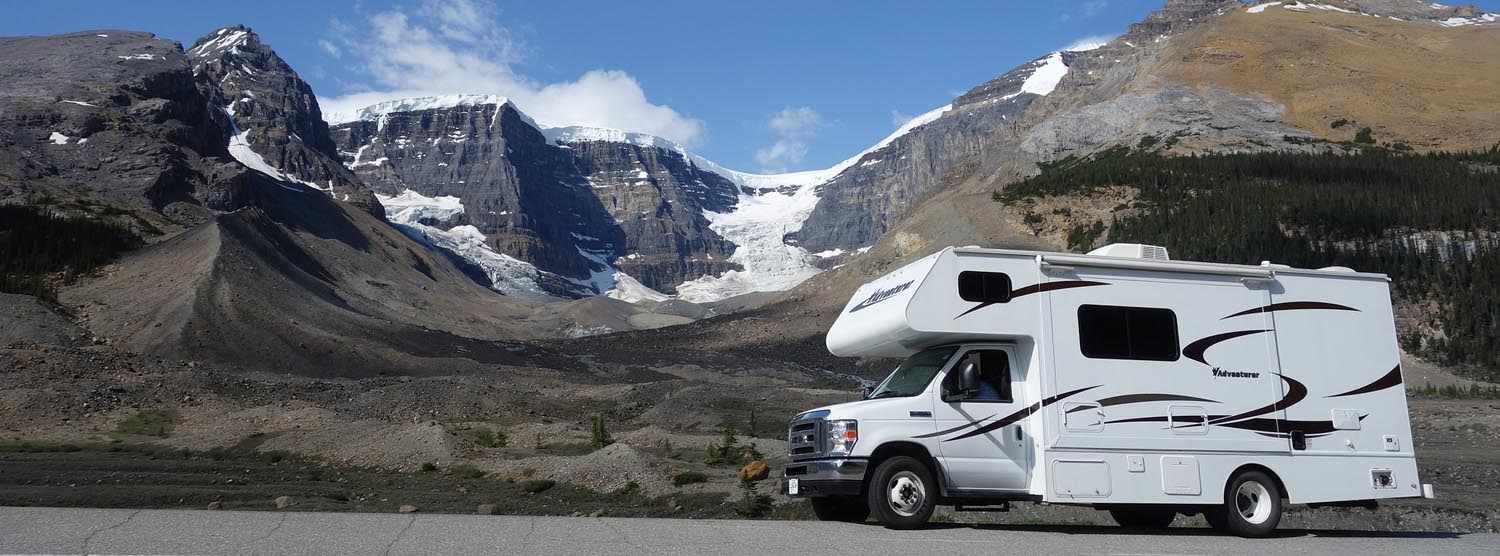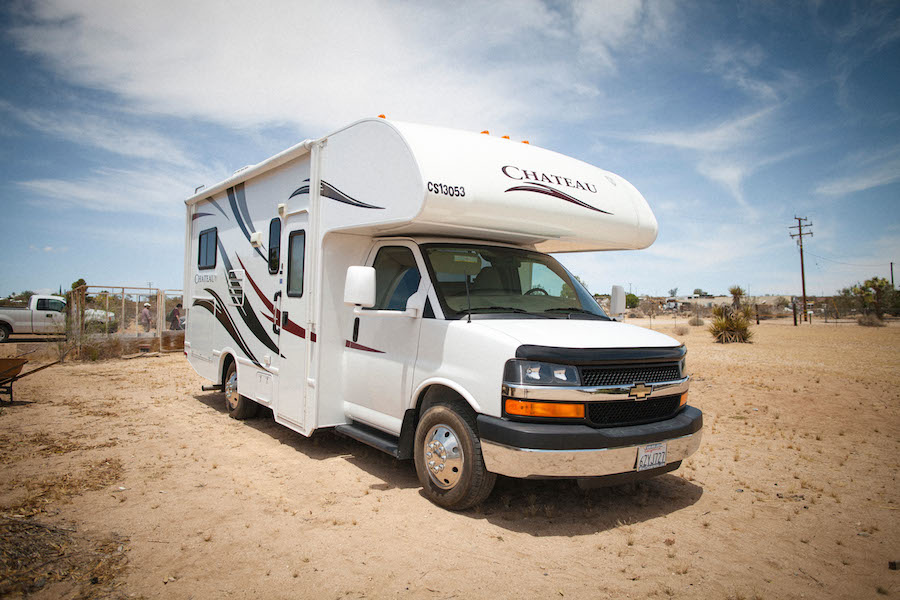If you’re new to RVing and looking to rent or buy, choosing one — and even narrowing down the type of RV you want — can be a bit overwhelming. But with a little research, it’s not difficult to determine which one best suits your needs.
Here are the most common types of RVs:
Class A
Photo: The Motorhome Show/Flickr
Generally considered the most luxurious of RV types, these are the big, bus-shaped motorhomes. They can be under 25 feet in length or more than 40 feet, and they are typically more spacious inside than other kinds of RVs. Many people who travel in a class A will choose to tow a vehicle behind it. With an RV of this size, it’s much easier to bring along a smaller vehicle for driving short distances once you reach your destination rather than unhook from the campground and then park and set up again when you return.
Class B
Photo: Studio Tdes/Flickr
Class Bs are the van-style campers that may look like a regular van on the outside but are fully self-contained on the inside, with all or most of the amenities found in bigger RVs. This is the smallest class of motorhome. The really great thing about these is they’re as easy to drive around as a regular car, so it’s no big deal if you want to pull out of the campground and run into town for supplies.

They’re also very easy to park and blend in well with vehicles that aren’t RVs. On the downside, Class Bs are much less roomy than a typical camper, so they aren’t suitable for bigger families, and tend to be costly for their size.
Class C
Class Cs are similar in size and function to Class As, with all of the amenities needed for living or vacationing. They are built on van or truck chassis with a camper body and van cab area. Class Cs are generally not quite as luxurious as Class As but tend to cost less.
Towables
Photo: Jeremy Noble/Flickr
More on the towables category
This category includes travel trailers, such as the classic aluminum Airstreams that have dominated camping culture for decades, and pop-ups, which usually have soft sides and fnew down to a low, flat shape when not in use or while being towed. There is a lot of versatility in this category, and travel trailers come in many shapes and sizes. They can be short and basic, with just the bare necessities for camping, or long and luxurious. Some bigger travel trailers have multiple slides, which open to create more living space when the trailer is in use. Whether it’s a 13-footer or 30-footer, you will need to make sure you have the appropriate. An advantage to travel trailers is fuel economy; even with the added burden of towing a trailer, a truck that already gets good gas mileage will generally be more fuel-efficient than most big motorhomes. A towable is typically going to be less costly than motorhomes but you do have to consider the cost of the vehicle required to tow it. One disadvantage to travel trailers is, unlike with Class As, Bs and Cs, you can’t access your living quarters directly from the driver or passenger cab area. You need to pull over and park if you need access to the RV.
Go shopping now!
Now that you know more about what type of RV to rent or buy, go shopping on Outdoorsy and dream about your next roadtrip in one of these sweet rig!
Or keep reading our blog for ideas about where to camp.












